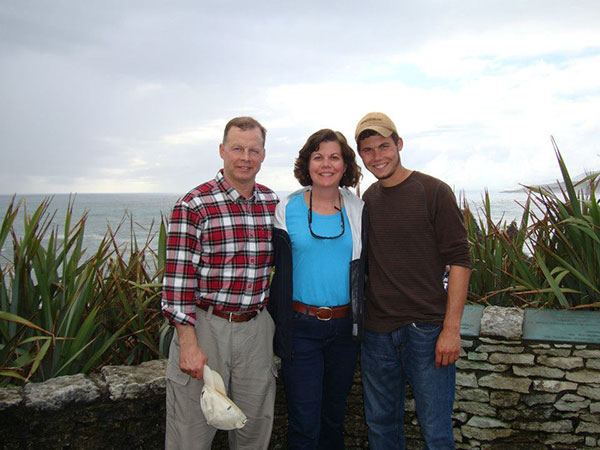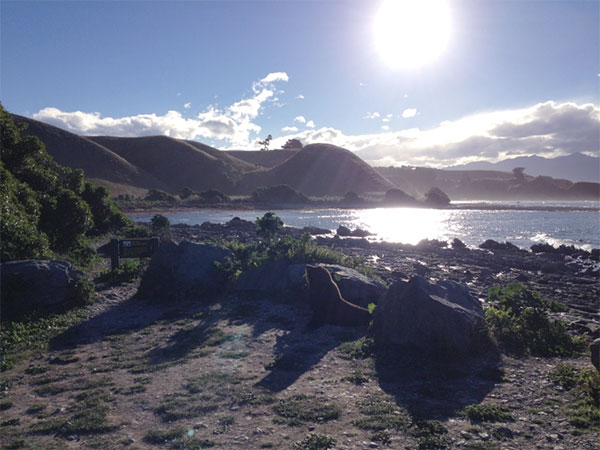New Zealand is a beautiful country filled with dead ends, winding roads, and one-way bridges. Travel is slow. Back in 2013 my husband and I took a trip to visit our son who was in New Zealand studying abroad.

One day as we looked at the map, we thought we spotted a short cut and liked the idea of traveling a road less traveled. We wound around and around, up and down, left and right, not knowing where we’d come out. This road split several times and the map was not that good. Sometimes the road ended in someone’s driveway. Sometimes, it ended in breathtaking cliff views overlooking the ocean.
 As tempting as it might have been to stay there, we knew we had to go on and find the right route. Researching in nonfiction isn’t much different. You run into many dead ends. But the key may be in knowing when to find a different route and when to change up your purpose. Is the story important and viable? Then I believe there are ways to work around those dead ends and get the car moving again.
As tempting as it might have been to stay there, we knew we had to go on and find the right route. Researching in nonfiction isn’t much different. You run into many dead ends. But the key may be in knowing when to find a different route and when to change up your purpose. Is the story important and viable? Then I believe there are ways to work around those dead ends and get the car moving again.
Define your goal(s). What specifically do you want to know? Develop questions that will lead you there. Knowing what’s at stake in your nonfiction story can point you to different research roads. For example, in one of my manuscripts the subject works to treat a disease. Researching her treatments led me to the troubles she met. I was able to focus my manuscript on the battle she faced with the male doctors who believed their way was the only way. Another more recent manuscript led me to many dead ends until I figured out the heart of the story was never doubting yourself and how you can surprise others. After that, the research dead ends disappeared and the story came together.
Sometimes the story begs for a different entry point. For me, that’s the hardest part of writing nonfiction. I just don’t know where to begin. Try listing several different beginnings. Follow one research thread and if that doesn’t pan out, follow the next beginning. And so on. Sometimes it takes awhile.
Change up your questions. Even altering one small aspect of what you’re looking for can uncover different results and/or a different focus for your story.
Who else can show you a different perspective of your subject? Researching the people surrounding your subject such as parents, friends, and siblings may help fill in the missing details.
If you are researching an event, look at other events that happened in the same time period. For example, if researching Pearl Harbor, looking at events happening in Europe at the same time may help change your perspective and provide another research road without a dead end.
How did the event you are researching depend or not depend on other events happening at the same time? No life or event happens in a vacuum. One person is dependent on another, one event leads to the next in some fashion.
Remain flexible and be patient. Hitting dead ends is inevitable and you may not have to give up. If you eventually find that your idea leads to that dreaded dead end road sign, know when to turn around and focus elsewhere. New information you uncover may push you in a different direction but usually moves this or a new story forward.

On that long drive in New Zealand, we found new roads. And eventually those new roads led us to our destination. Later that night, studying other maps we realized that the “short cut” we thought we could take was really a bumpy three-hour detour. C’est la vie. The original road would’ve been much faster, but probably much less interesting. And with our “shortcut” we were blessed with (mostly) incredible views and different perspectives of a beautiful country.

Great advice on research, and the dead ends often discovered. It’s almost like finding pieces of the map as you go to replace the map you’ve relied on. Thanks for the encouragement.
Yes. It seems as though I’m always recreating the map. It’s a part of the process and also the fun of writing.